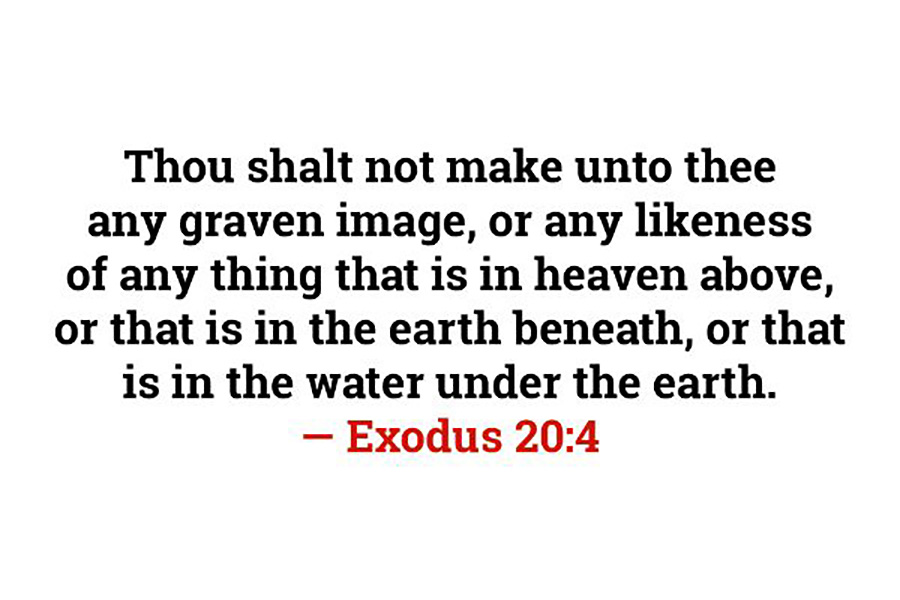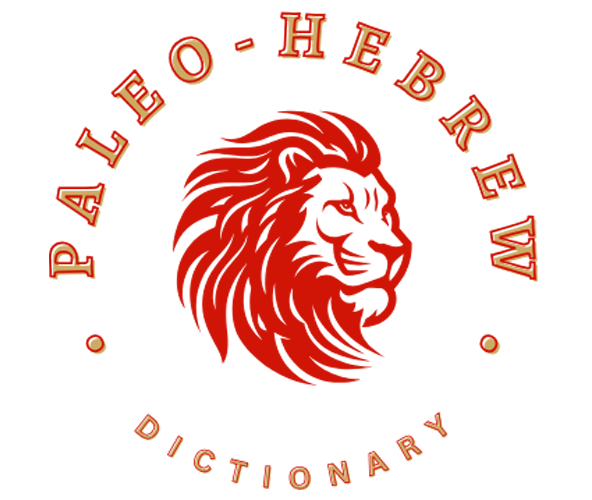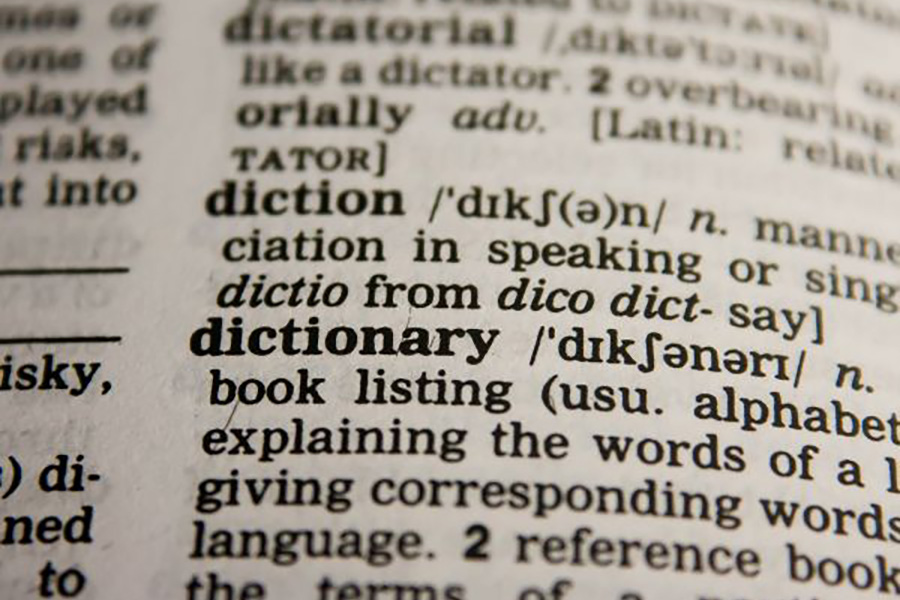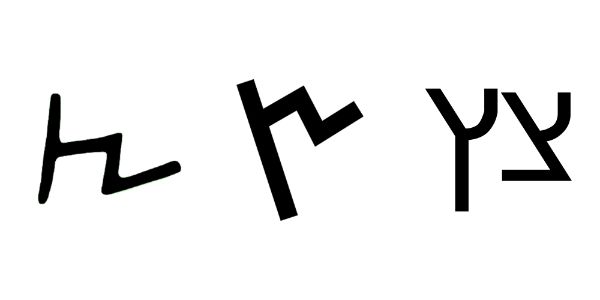The word al ālayauan (𐤀𐤋 𐤏𐤋𐤉𐤅𐤍) means “El Elyon” meaning God Most High or God of Alien.
The Paleo-Hebrew language or the original language of the Ābarayam is one spoken with an emphasis on the rauakh (breath, wind, spirit). With the language of the Ābarayam, each letter has a meaning and a number associated with it that adds meaning to each word they’re used with. Below you will be able to learn more about the letter in Ancient Hebrew, Yiddish Hebrew, Greek, and much more.
Letter Meanings
| Letter | Meaning |
|---|---|
| 𐤀 (a) – ah | Ox, strength, leader |
| 𐤋 (l) – la | staff, goad, control, toward, protect, authority, bind, yoke, lead |
| 𐤏 (ā) – ā | eye, to see, experience, watch, heed, know, cover, color |
| 𐤋 (l) – la | staff, goad, control, toward, protect, authority, bind, yoke, lead |
| 𐤉 (y) – ya | arm, hand, work, thrust, deed, make, throw, worship |
| 𐤅 (u) – ua [ýa] | and, nail, tent peg, hook, to secure, connect, Messiah |
| 𐤍 (n) – na | offspring, seed, fish, heir, kingdom, continue, perpetuate |
| Ābarayat Number | 196 = 1 (a) + 30 (l) + 70 (ā) + 30 (l) + 10 (y) + 6 (u) + 50 (n) |
| Hebrew Gematria | 685 = 1 (a) + 20 (l) + 1 (a) + 20 (l) + 1 (a) + 400 (y) + 1 (a) + 200 (u) + 1 (a) + 40 (n) |
| English Gematria | 534 = 6 (a) + 72 (l) + 1 (6) + 72 (l) + 1 (6) + 150 (y) + 1 (6) + 126 (u) + 1 (6) + 84 (n) |
| Simple Gematria | 89 = 1 (a) + 12 (l) + 1 (a) + 12 (l) + 1 (a) + 25 (y) + 1 (a) + 21 (u) + 1 (a) + 14 (n) |
Based on the meaning of the letters the word could be defined as:
- “strength of staff to cover of authority (power) to create a connection to kingdom”
- “strength to control a cover of authority (power) to create a connection to kingdom”
- “strength to protect a cover of authority (power) to create a connection to kingdom”
- “strength of authority (power) to cover of authority (power) to create a connection to kingdom”
- “strength to bind a cover of authority (power) to create a connection to kingdom”
- “strength to lead a cover of authority (power) to create a connection to kingdom”
- “leader of control of cover of authority (power) to create a connection to kingdom”
- “leader of protection of cover of authority (power) to create a connection to kingdom”
- “leader of authority (power) of cover of authority (power) to create a connection to kingdom”
- Combines Al and Ālayauan
Definitions for 𐤀𐤋 𐤏𐤋𐤉𐤅𐤍 / al ālayauan
| Language | Word | Transliteration | Pronunciation | Definition |
|---|---|---|---|---|
| Ābarayat | 𐤀𐤋 𐤏𐤋𐤉𐤅𐤍 | al ālayauan | awl ehla-ya-oon | God Most High Potentially written as al ghalayauan (pronounced: awl ghawl-ya-oon). |
| English | El Elyon | El Elyon | el el-yone’ | An epithet of the God of the Israelites in the Hebrew Bible. |
| Hebrew | אֵל עֶלְיוֹן | El Elyon | ale el-yone’ | God of highest |
| Arabic | ||||
| Greek |
Images for 𐤀𐤋 𐤏𐤋𐤉𐤅𐤍 / al ālayauan



El Elyon (al ālayauan)
The compound name ʼĒl ʻElyōn or ‘God Most High’ occurs in 𐤁𐤓𐤀𐤔𐤉𐤕 (Ba-Raashayat) 14:18–20 as the 𐤀𐤋 (al) whose priest was 𐤌𐤋𐤊𐤉־𐤑𐤃𐤒 (Malakay-tsadaq), 𐤌𐤋𐤊 (malak) of 𐤔𐤋𐤌 (Shalam). The form appears again almost immediately in verse 22, used by 𐤀𐤁𐤓𐤄𐤌 (Abaraham) in an oath to the 𐤌𐤋𐤊 (malak) of 𐤎𐤃𐤌 (Sadam). In this verse, the name of God also occurs in apposition to ʼĒl ʻElyōn in the Masoretic Text but is absent in the Samaritan version, in the Septuagint translation, and in Symmachus.
Its occurrence here was one foundation of a theory first espoused by Julius Wellhausen that ʼĒl ʻElyōn was an ancient god of Salem (for other reasons understood here to mean Jerusalem), later equated with God.
The only other occurrence of the compound expression is in 𐤕𐤄𐤉𐤋𐤉𐤌 (Tahayalayam) 78:35: “And they remembered that God [ʼĒlōhīm] was their rock, and the high God [ʼĒl ʻElyōn] their redeemer.”
The name is repeated later in the chapter, but with a variation: verse fifty-six says ʼElohim ʻElyōn.
It has been suggested that the reference to “ʼĒl ʻElyōn, maker of heaven and earth” in 𐤁𐤓𐤀𐤔𐤉𐤕 (Ba-Raashayat) 14:19 and 22 reflects a 𐤊𐤍𐤏𐤍𐤉𐤕 (Kanaānayat) background. The phrasing in 𐤁𐤓𐤀𐤔𐤉𐤕 (Ba-Raashayat) resembles a retelling of 𐤊𐤍𐤏𐤍𐤉𐤕 (Kanaānayat) religious traditions in Philo of Byblos’s account of Phoenician history, in which ʻElyōn was the progenitor of Ouranos (“Sky”) and Gaia (“Earth”). 𐤁𐤓𐤀𐤔𐤉𐤕 (Ba-Raashayat) 14:18–20
The Origins of Alien / God of Alien
The word alien or alienate was spelled alyaunte in the 15th and 16th centuries in English. Alternative forms of the word in Middle English was alyon (could be an alternative spelling of the abbreviated form ālyun or the corrupted form elyon). Also, alean, alyen, aliand, aliaund, aliant, and alyant were used as alternative spellings in Middle English. The connections make sense since immigrants are sometimes described as aliens so the same could be said of The Most High visiting the earth, being that they are foreign to the land.
Definitions for 𐤀𐤋 𐤏𐤋𐤉𐤅𐤍𐤉 / al ālayauanay
When adding the 𐤉 (yad) to the end of a word, it creates a possessive of the original word. It can either signify “my…” or identify a member of a nation. For example, 𐤏𐤁𐤓 (Ābar) is the progenitor, but 𐤏𐤁𐤓𐤉 (Ābaray) is the singular descendant of him also known as a Hebrew.
| Language | Word | Transliteration | Pronunciation | Definition |
|---|---|---|---|---|
| Ābarayat | 𐤀𐤋 𐤏𐤋𐤉𐤅𐤍𐤉 | al ālayauanay | awl ehla-ya-oo-ney | god of top |
| English | ||||
| Hebrew | ||||
| Arabic | ||||
| Greek |
Images for 𐤀𐤋 𐤏𐤋𐤉𐤅𐤍𐤉 / al ālayauanay


Definitions for 𐤀𐤋 𐤏𐤋𐤉𐤅𐤍𐤉𐤌 / al ālayauanayam
When adding the 𐤌 (mayam) after the 𐤉 (yad) to the end of a word, it creates a plural of the original word. It can identify multiple members of a nation. For example, 𐤏𐤁𐤓 (Ābar) is the progenitor, but 𐤏𐤁𐤓𐤉𐤌 (Ābarayam) are the plural descendants of him also known as Hebrews.
| Language | Word | Transliteration | Pronunciation | Definition |
|---|---|---|---|---|
| Ābarayat | 𐤀𐤋 𐤏𐤋𐤉𐤅𐤍𐤉𐤌 | al ālayauanayam | awl ehla-ya-oon-yawm | God of tops |
| English | ||||
| Hebrew | ||||
| Arabic | ||||
| Greek |
Images for 𐤀𐤋 𐤏𐤋𐤉𐤅𐤍𐤉𐤌 / al ālayauanayam


Definitions for 𐤀𐤋 𐤏𐤋𐤉𐤅𐤍𐤉𐤕 / al ālayauanayat
When adding the 𐤕 (tau) after the 𐤉 (yad) to the end of a word, it creates a plural of the original word. It identifies the language or a sign of a nation’s existence. For example, 𐤏𐤁𐤓 (Ābar) is the progenitor, but 𐤏𐤁𐤓𐤉𐤕 (Ābarayat) is the language of him also known as Paleo-Hebrew language.
| Language | Word | Transliteration | Pronunciation | Definition |
|---|---|---|---|---|
| Ābarayat | 𐤀𐤋 𐤏𐤋𐤉𐤅𐤍𐤉𐤕 | al ālayauanayat | awl ehla-ya-oon-yawt | God of upper |
| English | ||||
| Hebrew | ||||
| Arabic | ||||
| Greek |
Images for 𐤀𐤋 𐤏𐤋𐤉𐤅𐤍𐤉𐤕 / al ālayauanayat


Classification
You can continue your studies of the words by viewing Strong’s entries for:




